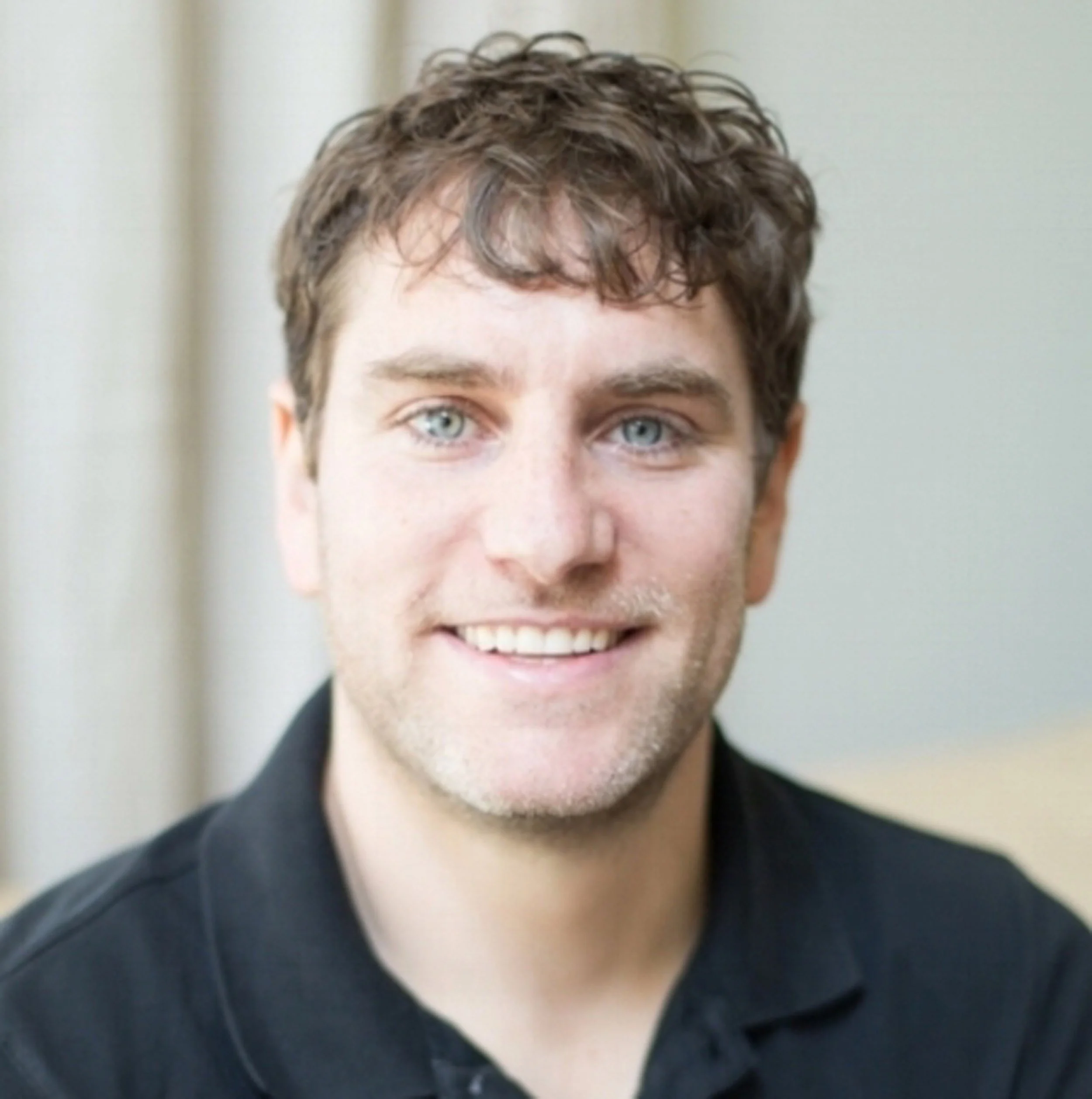JOSH KAMPEL - CEO of Clarim Media - Fmr. CEO of Techonomy Media
/Josh Kampel is the CEO of Clarim Media where he oversees the overall strategic direction of the organization as well as works closely with the management teams of the individual portfolio companies to build scalable products and services.
Prior to Clarim, Josh served as CEO of Techonomy Media, which was sold to Clarim Holdings in 2018. At Techonomy, Josh spent 8 years driving sustainable business growth through strategic partnerships and new product development. He built Techonomy to be one of the leading media companies covering technology and it’s impact on business and society. Techonomy Climate 2023 takes place March 28th. The conference surveys the booming climate tech sector and highlight companies making the most significant impact.
JOSH KAMPEL
Think about how do they deliver value to all of those constituents rather than just their shareholders. So they will create the more successful long-term companies, especially generationally, as Gen X and millennials care more and more about mission and purpose.
This idea of greenwashing or now what we can call woke-washing and that ESG goals are typically held within PR groups, within companies. They just talk about what they're doing versus being held accountable. I think we will continue to see that paradigm shift towards accountability, transparency of companies doing the right thing.
I'm impressed every day when I see next generation leaders, entrepreneurs, and educational institutions focus more on this idea of social entrepreneurship. That they're really embedding some of these core values into the next generation of leaders.
This interview was conducted by Bruce Piasecki, Mia Funk & Maureen Nole and with th
e participation of collaborating universities and students. Associate Interviews Producer on this podcast was Bianca Bartolini. Digital Media Coordinators are Jacob A. Preisler and Megan Hegenbarth.
Mia Funk is an artist, interviewer and founder of The Creative Process & One Planet Podcast (Conversations about Climate Change & Environmental Solutions).



















